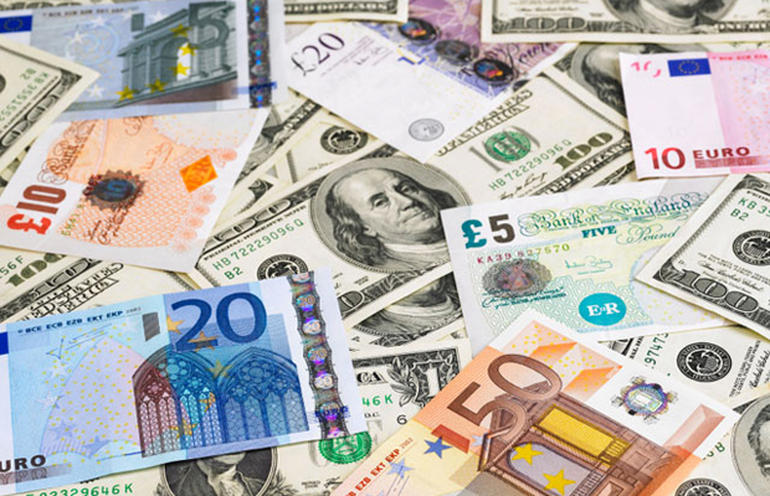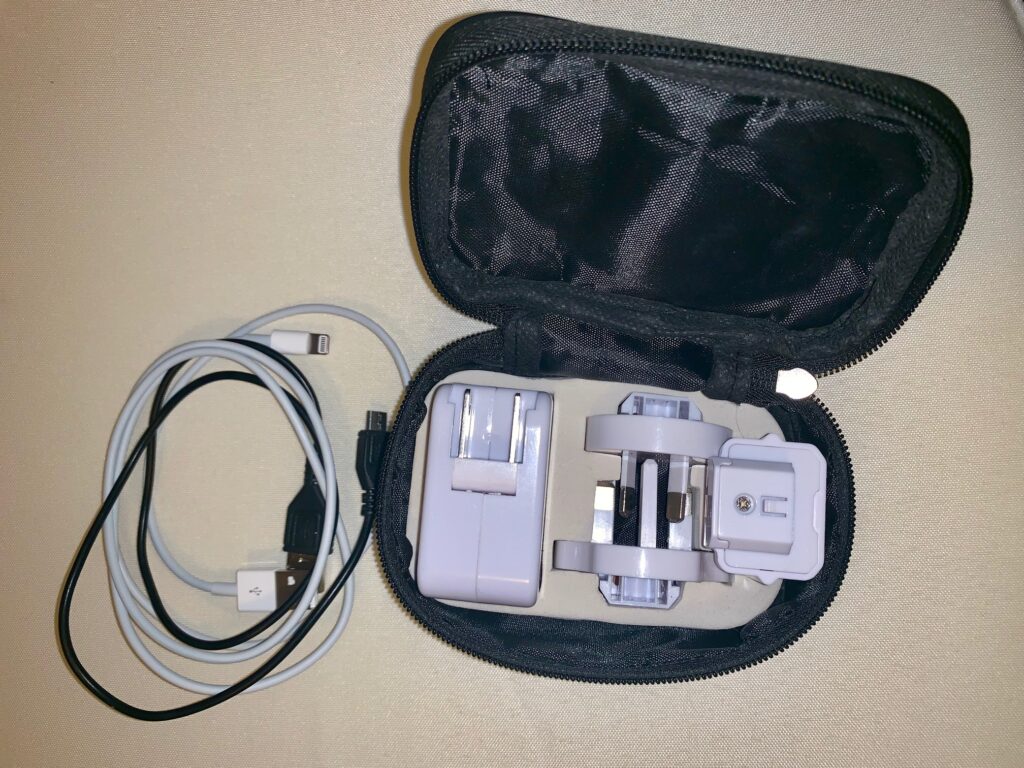
As I travel non-stop, I have one trusty little zip-bag in my travel case. It’s a zip-bag full of cables and converters, mainly to keep my phone fully charged all the time. Plug converters for America, Europe, UK and Australia, and cable converters between Apple and non-Apple products.
As I was looking at my little bag of chargers and converters, I realised it’s very similar to banking and payments. Travelling across borders, every country has different currencies that need converting, and the cables that connect the banks are a massive mixture of standards.
This is why the fifteen-year project to harmonise European payments under the Single Euro Payments Area (SEPA) is such a massive challenge and task. It is difficult stuff. And converting currencies is not easy, as we have seen with the Euro project. Sure, you may get currencies converted, but there’s still a whole load of people lobbying to return to the old notes and coins.
That’s why the discussions of emulating the SEPA project in Asia, Africa and the Middle East have all stalled. It’s not easy. A good example is a currency for the GCC, the Gulf countries. I first travelled to the region to discuss a common GCC currency over a decade ago. It still has not happened.
Similarly, I was trying to send money to a GCC currency the other day and discovered it was not listed on my bank’s online international money transfer services. I rang the bank and they could do the transfer over the telephone, but I wondered why it wasn’t listed on their mobile app. Apparently, it’s because it’s not mainstream. It wasn’t Dubai or the UAE, so it’s not mainstream … and they only list the mainstream currencies online.
In other words, there are almost 200 currencies out there around the world, and only a small number are recognised as the main corridors of currency exchange. Equally, there are around 30,000 banks around the world, and none of them use the same systems, same structures or same standards.
But that will change.
Going back to my little zip-bag, I am dealing with four different plugs and two different cables as my main challenge. But what happens when my phone can self-charge through the air? If we move to cable-less, plug-less world of self-charging batteries that can operate via solar power would be amazing and better.
So, how about a world of digital currencies that operate across borders without friction? I guess that’s what Facebook has been trying to get into and is also what other services from Alipay to bitcoin promise. It’s a world where 200 currencies and 30,000 banks don’t matter. We just transact without friction.
Now, wouldn’t that be nice?
Chris M Skinner
Chris Skinner is best known as an independent commentator on the financial markets through his blog, TheFinanser.com, as author of the bestselling book Digital Bank, and Chair of the European networking forum the Financial Services Club. He has been voted one of the most influential people in banking by The Financial Brand (as well as one of the best blogs), a FinTech Titan (Next Bank), one of the Fintech Leaders you need to follow (City AM, Deluxe and Jax Finance), as well as one of the Top 40 most influential people in financial technology by the Wall Street Journal's Financial News. To learn more click here...


